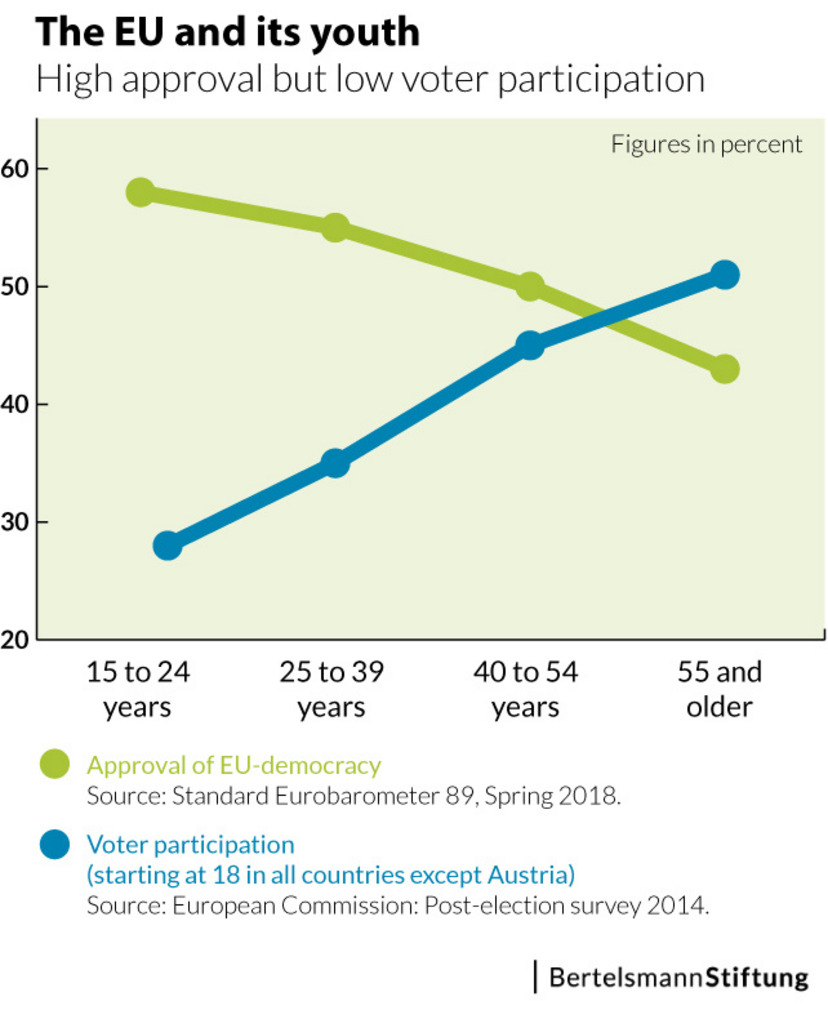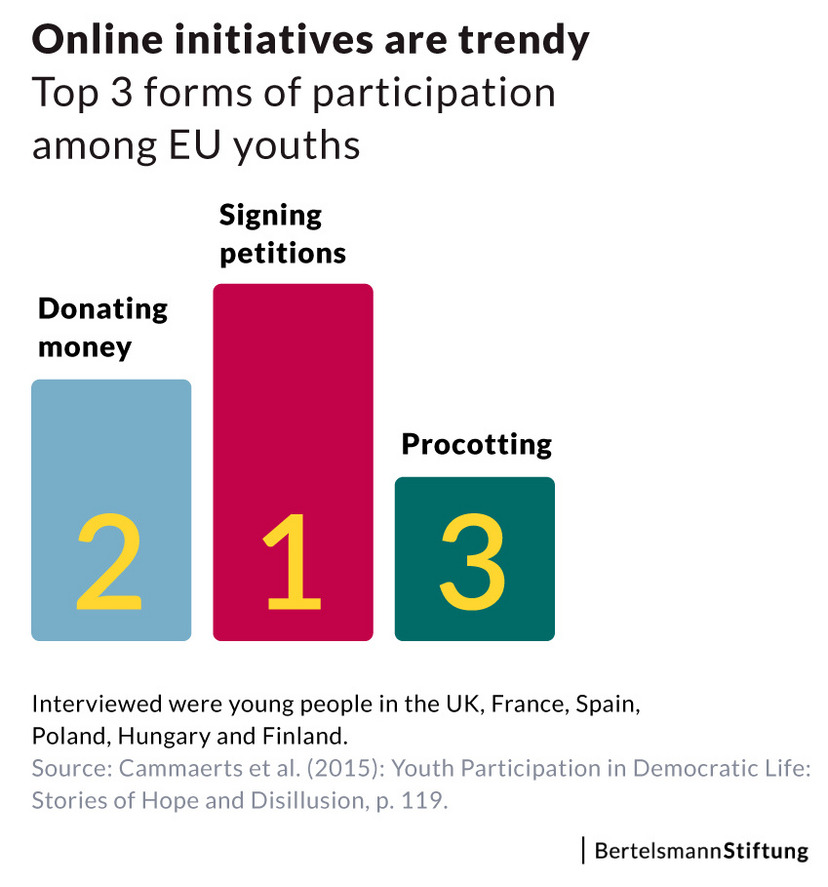The European Union likes to talk of a "Europe of Citizens", though it struggles with directly involving citizens in policy-making. The current negotiations demonstrate that the Parliament, the Commission and the Council want to improve the citizens' initiative. Otherwise there is a risk that citizens may use it less and less and that it will become obsolete.
Importantly: the Commission, supported by the European Parliament and many civil society organisations, proposed lowering the minimum age for supporting citizens' initiatives from 18 to 16 years. This seemingly small step could make a big difference. However, the Council still shows resistance. This is because the ECI regulation links the minimum age for supporters to the active voting-age in European elections. This is not a binding principle though. There is a lot to be said in favour of extending the ECI to people not yet allowed to vote.







